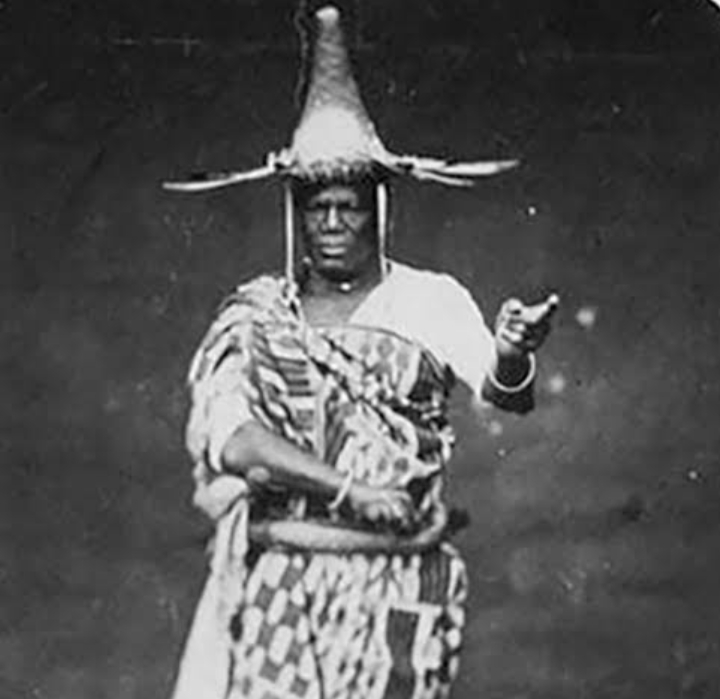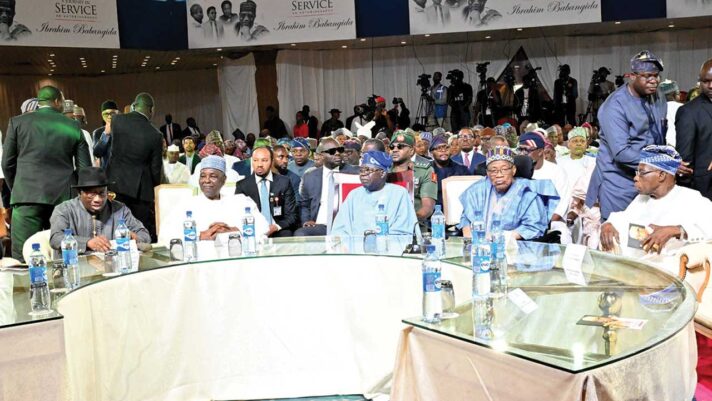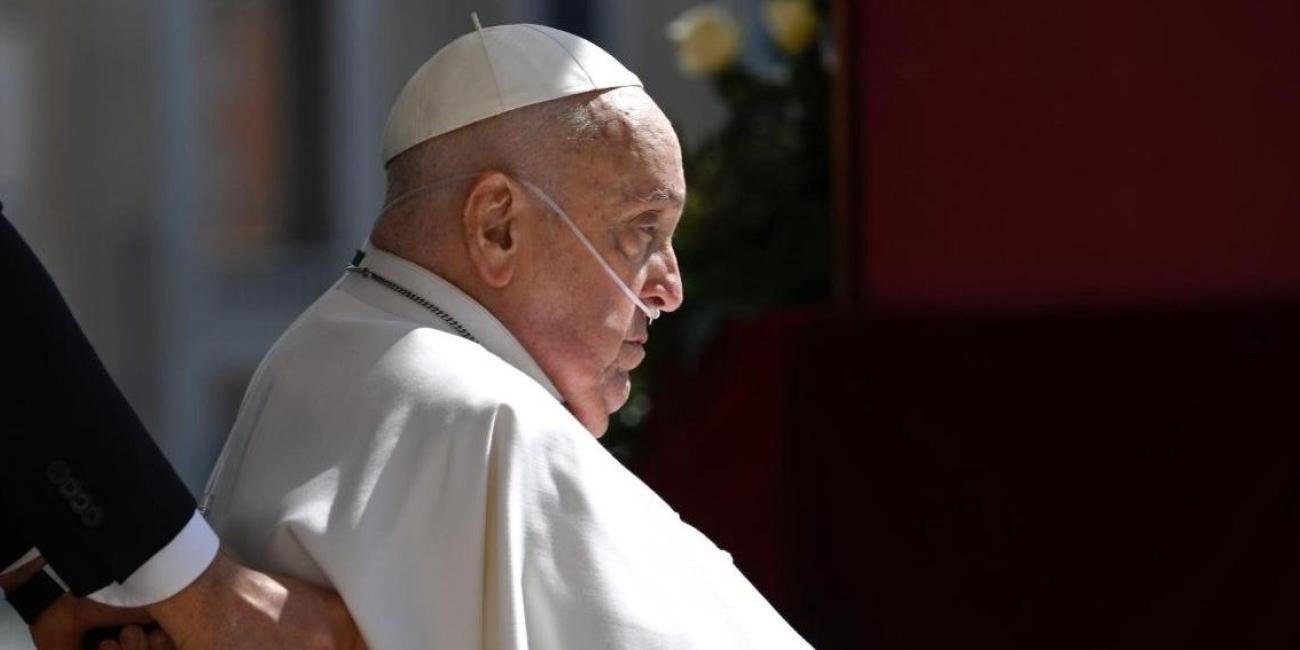In the wake of revelations from former military president Gen. Ibrahim Babangida, who clarified in his new book *“A Journey in Service”* that the infamous 1966 coup was not an “Igbo coup” as long alleged, Ohanaeze Ndigbo has issued a powerful call for justice. The apex Igbo socio-cultural organization is demanding a formal apology and ₦10 trillion in reparations from President Bola Tinubu on behalf of the Nigerian government for decades of historical injustices against the Igbo people.
Ohanaeze asserts that the false labeling of the coup led to catastrophic consequences, notably fueling the horrors of the Biafra War, which claimed the lives of an estimated three million Igbos—primarily women and children. This acknowledgment, according to Ohanaeze, is a crucial step in correcting Nigeria’s historical narrative and addressing long-standing grievances.
In a statement issued by the group’s Deputy National President, Okechukwu Isiguzoro, Ohanaeze emphasized that while General Babangida’s admission is commendable, it comes decades late and warrants more than just words. “This pivotal acknowledgment is not merely a correction of historical nomenclature but a significant moment in our collective pursuit of justice and reconciliation,” Isiguzoro stated.
The group insists that President Tinubu must publicly apologize on behalf of previous military regimes, particularly the administration of General Yakubu Gowon, which oversaw the brutal military actions during the Biafra conflict. Ohanaeze also reiterated its call for ₦10 trillion in reparations, describing the figure as a symbolic yet necessary gesture to recognize the immense losses and suffering endured by the Igbo.
### **A Legacy of Marginalization**
Beyond the Biafra War, Ohanaeze highlighted the systemic injustices that the Igbo people have faced for decades, including political exclusion, economic neglect, and infrastructural disparity. The statement pointed to the underrepresentation of the Southeast in Nigeria’s political landscape, the deliberate economic stifling through non-functional seaports and airports in the region, and the persistent denial of Igbo candidates from ascending to the presidency.
“The chronic economic neglect symbolised by the closure of the Calabar seaport, the inoperative state of several ports in Igbo land, and the conspicuous absence of functional international airports in the Southeast starkly illustrate the Federal Government’s long-standing policy of exclusion,” the statement read.
Ohanaeze argued that these systemic policies have perpetuated economic disparity and political disenfranchisement, making the demand for reparations and an apology not just about past wrongs but about ongoing marginalization.
### **A Call for National Reconciliation**
In a move toward healing, the group expressed its willingness to forgive figures like General Babangida and others involved in the Biafra conflict, but stressed that true reconciliation requires accountability. “The time has come for true acknowledgement of these historical wrongs, which can only be rectified through both reparations and sincere apologies,” Ohanaeze declared.
This bold call for justice comes as Nigeria grapples with its complex history and the challenge of national unity. Whether the Federal Government will heed Ohanaeze’s demands remains to be seen, but the group has made it clear that for the Igbo people, the time for silence and historical revisionism is over.





